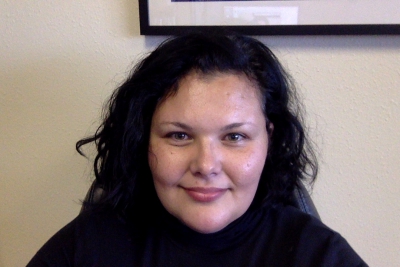
Carolina Behe serves on the ARCUS Executive Committee as Member-at-Large. She joined the Board of Directors in 2015 and her term ends 2018.
Behe is the Indigenous Knowledge/Science advisor for the Inuit Circumpolar Council Alaska. She received an MA in Biodiversity and Conservation from Scripps Institution of Oceanography in 2011 and began her current position that same year.
Carolina's work within the Inuit Circumpolar Council Alaska is diverse and ranges from topics within climate change to management and policy. Internationally, Carolina acts as the Inuit Circumpolar Council (ICC) Head of Delegation on the Conservation of Arctic Flora and Fauna working group under the Arctic Council. Much of ICC's work within this group is focused on ensuring an Inuit perspective and interest are at the table. Additionally, a high amount of focus is placed on the involvement of Indigenous Knowledge—promoting the involvement of Indigenous Knowledge and promoting the use of a co-production of knowledge to utilize both Indigenous Knowledge and science in the work conducted within the Arctic Council.
Carolina was drawn to work in the Arctic through an awareness of the many rapid changes occurring within our world today; she hoped to be able to work within the Arctic to aid in adjusting and increasing our understanding of the world. She was also drawn to the Arctic and this position because it allows for her to work within two knowledge systems, Indigenous Knowledge and science. Indigenous Knowledge takes a holistic view and sees how many pieces fit together. Working with this understanding and way of knowing, combined with science, will aid in making adaptive ecosystem-based decisions in the face of climate change.
A key role for ARCUS to play is bringing together people of different knowledge systems, such as scientists of different disciplines and Indigenous Knowledge holders. This is what has encouraged Carolina to engage with ARCUS as a board member. Building a strong platform for sharing and exchanging information from different knowledge systems will move us in a direction of understanding the Arctic through a more holistic view.
